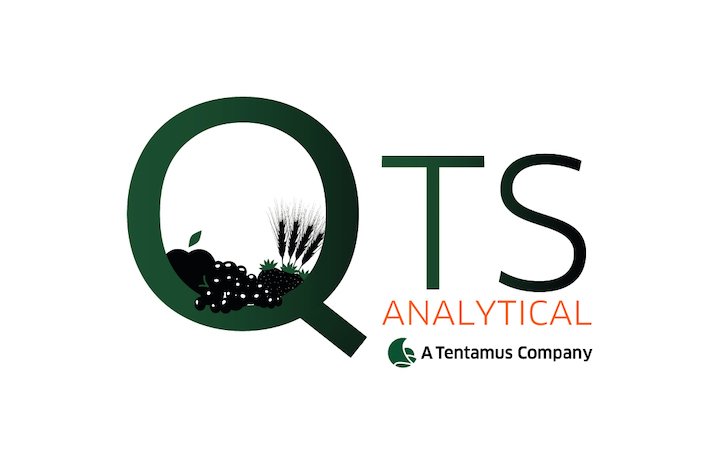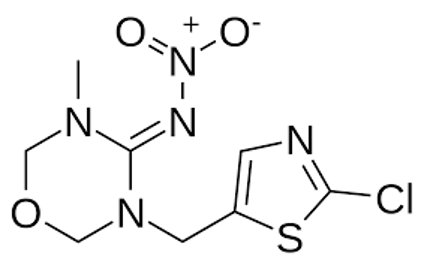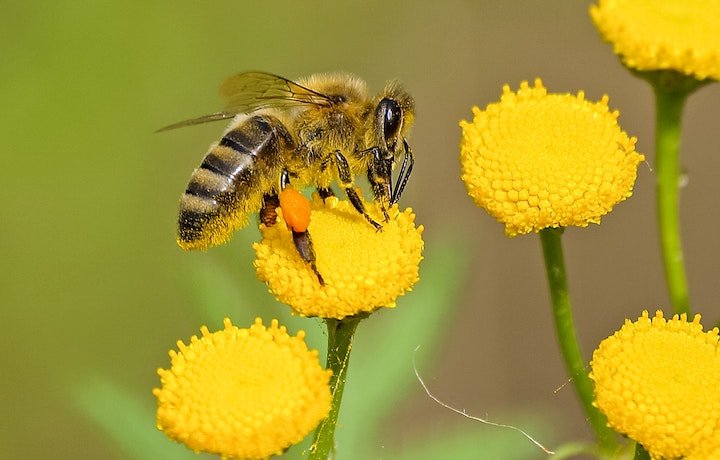Growers of sugar beet in particular were seeing much lower yields of crop due to the presence of yellow virus and as such the substance was given emergency approval for use, this approval has now been revoked – which means thiamethoxam once again ends up on the list of banned pesticides and is no longer authorised for use in the UK.
The decision was made after analysis revealed that although there is still likely to be damage to crop, the level of damage is considered below the level at which use of the pesticide becomes justified.
Monitoring of the effects of neonicotinoid pesticides has been ongoing for a number of years now – the effects on pollinators in particular is what initially raised concerns as dwindling numbers would effect crop production in a serious way.
Pesticide Testing at QTS Analytical
As there are several other examples of neonicotinoid in use, growers and laboratories are watching this space to see if any other compounds in the group will also end up on the ban list. Tentamus QTS Analytical is specialised in testing for pesticide residues and neonicotinoids are no exception, with laboratories based in the UK and mainland Europe, we can assist you with your pesticide testing requirements to ensure compliance with UK/EU regulations and MRLS.
Should you have any questions or queries then don’t hesitate to reach out to your local Tentamus laboratory, which can be found at tentamus.com/labs.




